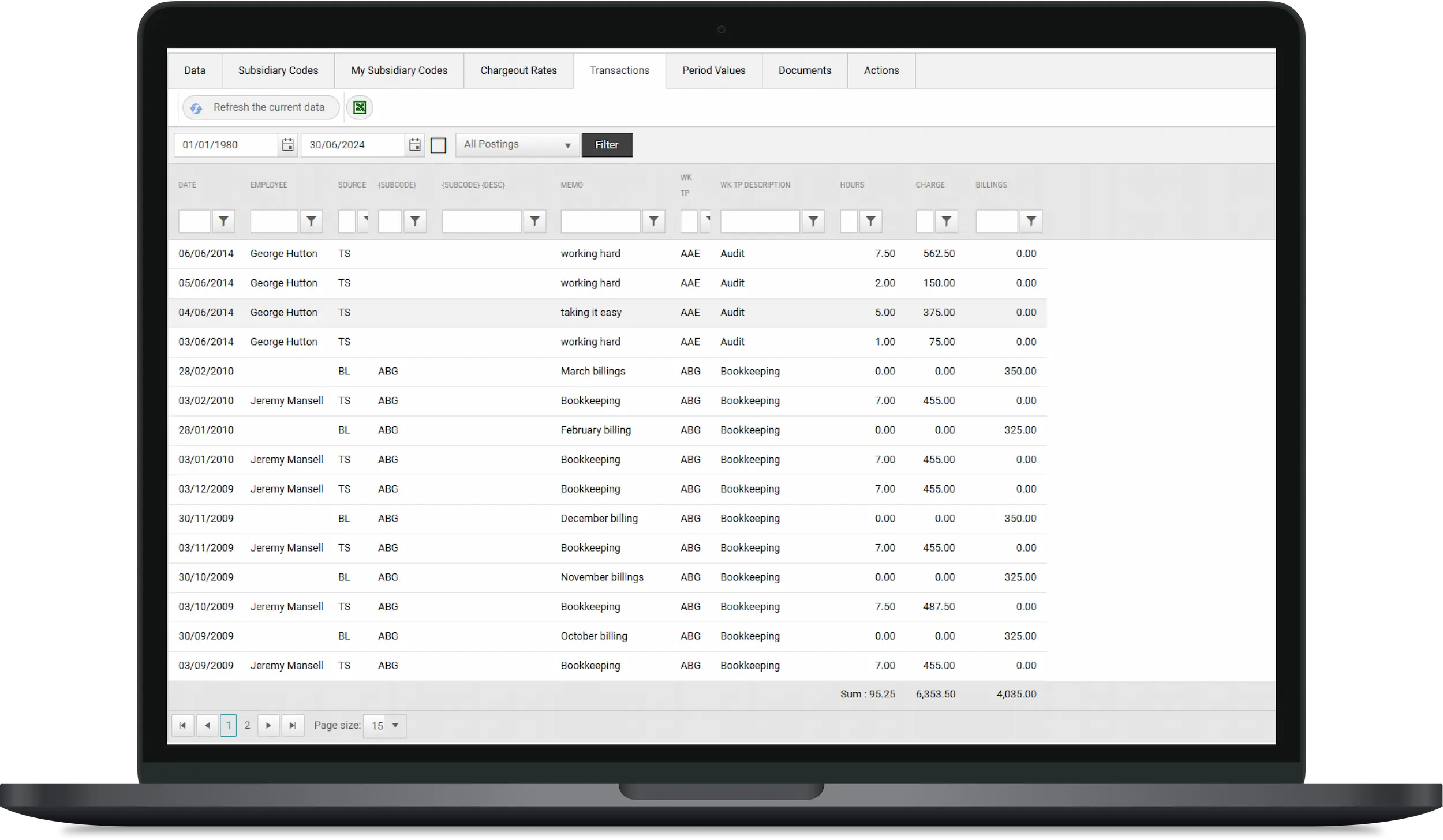If forcing employees to work longer hours simply leads to disillusionment and stress rather than increased productivity, bosses need to employ a little alchemy to improve time management.
Some workers will be self-aware enough to understand what makes them tick in the office, while others may utilise the small changes we suggested in a recent blog – such as regular exercise and being tidy – to improve their output.
How to improve time management
There are several methods to inspire people to pump out top notch work at a steady rate throughout the day. All of them devolve much of the decision-making to the individual, but the role of the manager is important. As in many walks of life the key is to help people help themselves.
Also important is structure, with bosses responsible for putting in place the policies, events, and protocols that help their staff boost time management. As executive coach Ishreen Bradley put it: “When all your employees have their thumb-print on the rules, they will self-regulate and remind each other of when rules that are not being adopted are impacting them and the business.”
1. Time to understand and respect staff needs
Including employees in the process can create a mutual relationship of respect and understanding, which in turn will lead to staff feeling happier and willing to be more productive and manage their time effectively.
Bradley said that strict rules and hierarchical behaviour would only cultivate passive resistance at best. She said that a more beneficial approach to tracking employees’ productivity would be to include them in the rule-setting conversation.
“Co-creating the rules with them would increase workability in the operation and allow for effective working going forward,” Bradley added.
2. Reward and incentivise your team
Offering an incentive programme is an effective and simple way to keep staff engaged and motivated. A study by Genesis Associates, a recruitment firm, found that 85 per cent of workers surveyed felt more motivated to do their best when an incentive was offered, and 73 per cent described the office atmosphere as ‘good’ or ‘very good’ during an incentive period.
“It is always a good idea to reward productive workers,” Bradley said. “This can be as simple as an acknowledgement of work well done – an often forgotten and cost-effective way of letting your colleagues know that you value them.
“Of course, such acknowledgement – whether a simple word of thanks or a year-end business trip to an exotic faraway place – has to be given with authenticity and in a genuine way.”
3. Communication = good time management
In any business, it is essential to make sure employees and management are able to communicate effectively in order to maintain productivity and time-management goals. But while technology such as TallyPro’s time tracking software, Teams and Slack all assist in a business’ ability to function, never underestimate the value of a face-to- face interaction between employee and the boss.
Bradley said: “Ensure that you optimise the level of human and technology-based communication. Technology enables speed and distributed working, which contributes to efficiency, however this is only possible if your colleagues understand what it is for, how it improves business performance and how it makes their lives easier.”
4. It’s 2025. Be flexible in your approach to staff.
Allowing employees the freedom to decide when and where they get their work done is one of the most effective ways to ensure a productive workforce. Micro-managing employees can decrease productivity. ACAS can offer employees and employers free impartial advice on workplace rights, rules and best practices. Take a look the flexible working page for more insight into how to achieve this for yourself or your employees.
Employees can learn to be more proactive in the execution of their duties through training and having a say in the established office rules. When management is not standing in the way of employees, then the employees are better able to do their jobs.
“Speak to them and understand what they are dealing with,” Bradley said. “Once you understand what is holding them back you can create structures, strategies and support to assist them in improving their time management skills.”
Time tracking software can help support flexible working by ensuring that the payroll is accurate and managers can be confident that work has been completed on time. This article from TechTarget helps to identify 8 workforce management tools to support flexible working.

 Commercial Software Limited
Commercial Software Limited